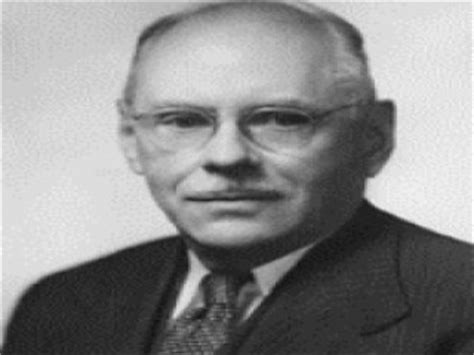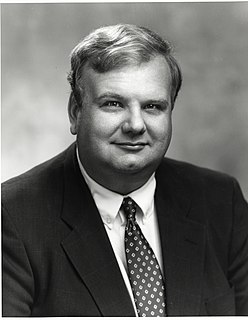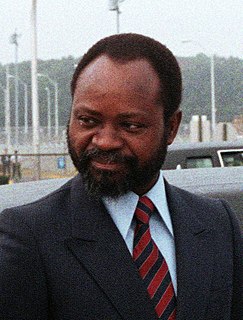A Quote by Frank Knight
Conflicting economic interest is relatively unimportant as a cause of war.
Quote Topics
Related Quotes
None of us are rational economic men as we're supposed to be portrayed in economic theory where mixes of passions, of desires, of moral principles, of self-deception, of altruism, of concern of others, of concerns for ourselves and an interest in our bank accounts. And social policies have to be responsive to the complexity of who we are as people or else, like the war on drugs, they're simply going to fail.
Though the poorest Americans voted for Hillary Clinton, many relatively wealthy people voted for Trump and generally it's a mistake to think that economics explains Trump. The US is doing relatively well, the economy has significantly recovered since 2008, unemployment rates are low. I would say rather that his appeal to the working class was cultural: "I'll bring back the kinds of jobs your fathers had," and, by implication, the whiter, simpler post-war world when America had no real economic competition.
We are in a war of a peculiar nature. It is not with an ordinary community, which is hostile or friendly as passion or as interest may veer about: not with a state which makes war through wantonness, and abandons it through lassitude. We are at war with a system, which by its essence, is inimical to all other governments, and which makes peace or war, as peace and war may best contribute to their subversion. It is with an armed doctrine that we are at war. It has, by its essence, a faction of opinion, and of interest, and of enthusiasm, in every country.



































